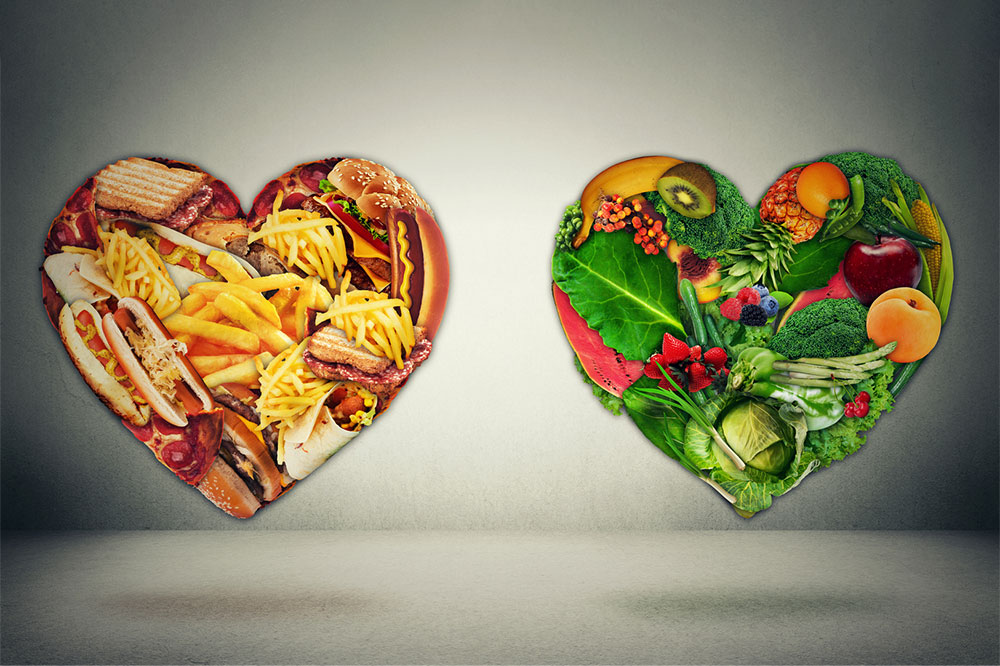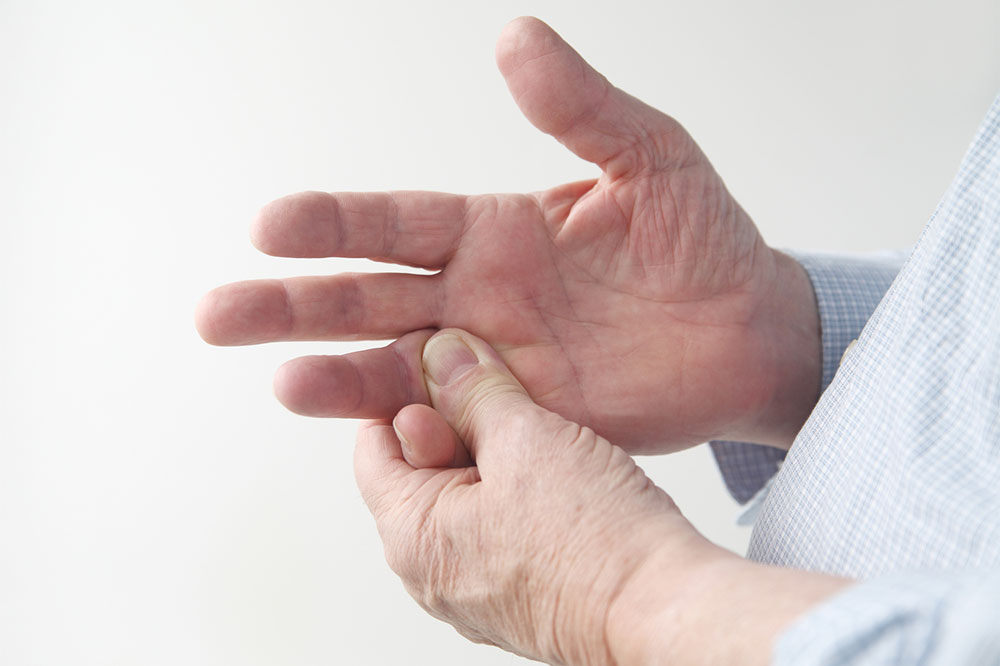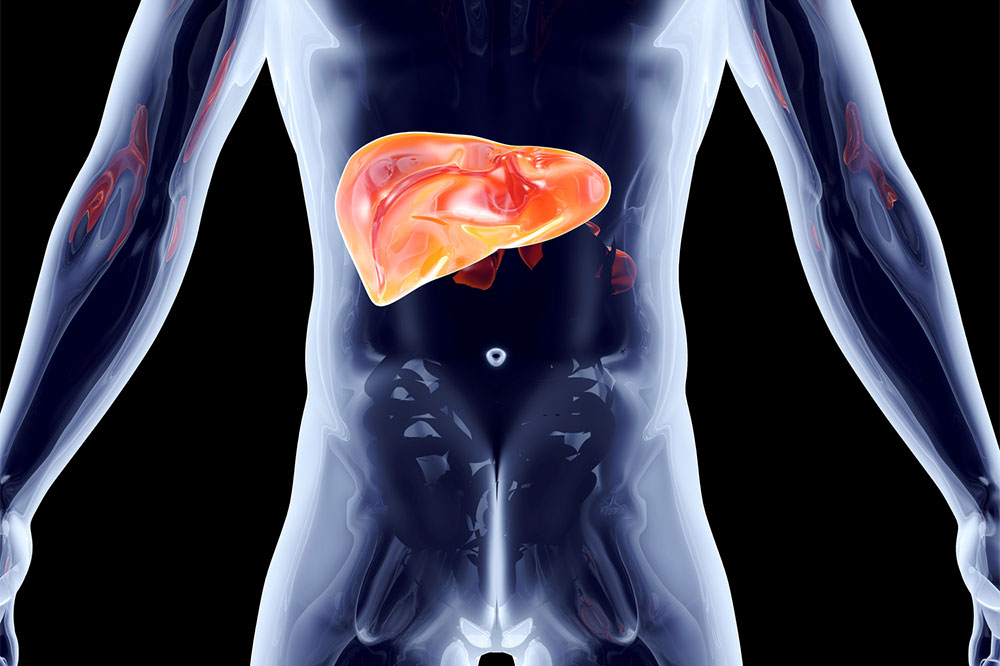7 side effects of insufficient water intake

The human body comprises of eighty percent water and twenty percent other elements. Water is an essential component of the body for the proper functioning of each cell. Moreover, drinking seven to eight glasses of water a day is recommended. Not drinking enough water makes one dehydrated, causing several problems like fatigue, dizziness, skin problems, and many more, but these are all external factors. So let’s look at the signs that may indicate dehydration.
One of the major signs to be aware of is bloating. Usually, when one does not drink sufficient water, it can lead to constipation. This, in turn, promotes bloating. One must drink at least eight to ten glasses of water throughout the day to prevent bloating.
Low water intake can sometimes be dangerous and can directly affect one’s health condition. In addition, overall health is perfectly balanced when each organ of the body functions properly. The body needs water to digest food particles and remove toxins.
Skin-related problems
When you do not drink adequate water, it automatically gets reflected through the skin. Common skin problems due to dehydration are red, dry, and dull skin. These issues cannot be solved completely with moisturizers, sunscreen, and oil-rich products alone. Drinking around eight glasses of water daily can help maintain skin health in the long run.
Decreased hair health
Keratin is a bioprotein that constructs hair and nails. Hair needs moisture and vitamins to stay healthy. In case of dehydration, one can experience hair loss, dandruff, thinning, and dry and dull hair.
Intestinal problems
The intestines need water to digest the food and convert it into energy for the proper functioning of the heart and lungs. Not drinking enough water throughout the day can lead to many stomach-related health problems and gastrointestinal issues in the long run.
Loss of appetite and constipation
When one experiences loss of appetite, they can tend to consume more sugar than other nutrients, which has an adverse effect on cardiovascular health in the long run. Moreover, when the body doesn’t get balanced nutrition, especially fiber-rich foods, one can experience constipation. Therefore, it is crucial to stay well-hydrated and eat nutrient-rich foods.
Kidney trouble
The kidney plays an important role in filtering toxin impurities from the body. Staying dehydrated can cause kidney damage, resulting in the build-up of acids and wastes in the body. Such cases can cause the formation of kidney stones with prostate and urinary tract infections.
Low blood pressure
Low blood pressure is also a health concern caused by insufficient water intake. The issue is obvious; as the organs of your body don’t get enough water, blood production is minimal, resulting in heart and lung problems.
Urinary tract infections or UTIs
This is one of the most common side effects seen in women more than men. Sexual intercourse, lack of hygiene after urination, or dehydration can cause bacteria to enter the body. Drinking water helps the body flush out these harmful bacteria from the bladder, preventing the occurrence of infections. Other warning signs of low water intake are dark-colored urine and decreased bathroom visits.
Furthermore, dehydration causes the tissues and cells in the body to shrink. This is also the case with brain tissues. As the brain shrinks due to dehydration, it pressurizes the nerves. This causes headaches in individuals who do not consume sufficient amounts of water. Migraine, a severe form of headache, can also result from dehydration. Not drinking enough water affects the electrolyte balance in the body, leading to throbbing headaches that develop unexpectedly. Water replenishes the fluids lost by sweating or peeing and helps relieve this symptom.
Remember to keep sipping on water or healthy fluids throughout the day. For those who have a busy work schedule and miss out on drinking water, there are water tracker apps that will remind you to stay hydrated.






